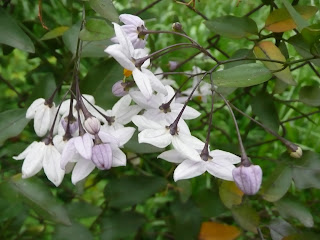Al que ingrato me deja, busco amante;
al que amante me sigue, dejo ingrata;
constante adoro a quien mi amor maltrata;
maltrato a quien mi amor busca constante.
Al que trato de amor, hallo diamante,
y soy diamante al que de amor me trata;
y mato al que me quiere ver triunfante.
Si a ésta pago, padece mi deseo;
si ruego a aquél, mi pundonor enojo:
de entrambos modos infeliz me veo.
Pero yo, por mejor partido, escojo
de quien no quiero, ser violento empleo,
que, de quien no me quiere, vil despojo.
Sonetos - Sor Juana Inés de la Cruz
al que amante me sigue, dejo ingrata;
constante adoro a quien mi amor maltrata;
maltrato a quien mi amor busca constante.
Al que trato de amor, hallo diamante,
y soy diamante al que de amor me trata;
y mato al que me quiere ver triunfante.
Si a ésta pago, padece mi deseo;
si ruego a aquél, mi pundonor enojo:
de entrambos modos infeliz me veo.
Pero yo, por mejor partido, escojo
de quien no quiero, ser violento empleo,
que, de quien no me quiere, vil despojo.
Sonetos - Sor Juana Inés de la Cruz










